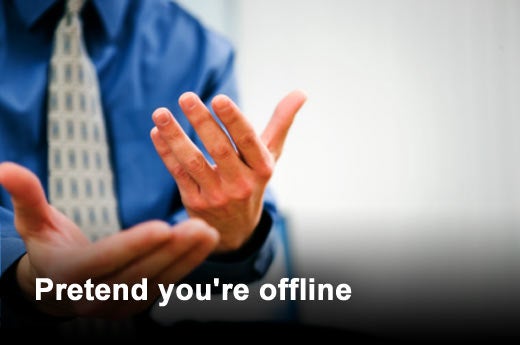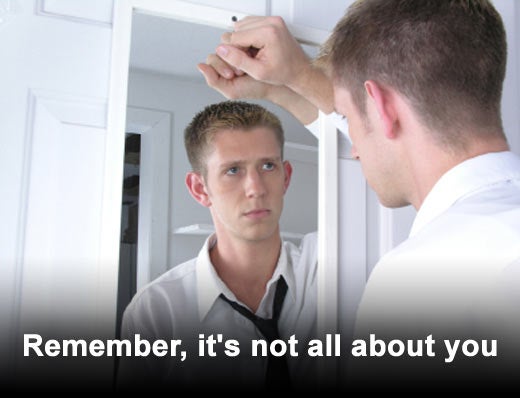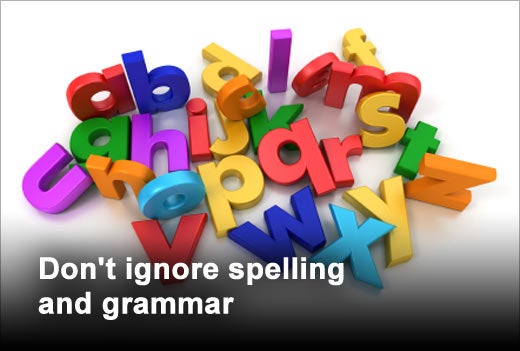
In fact, he's such a good sport that he's willing to don his Miss Manners bonnet to share some great netiquette advice from Barry Libert, author of the book, “Social Nation: How to Harness the Power of Social Media to Attract Customers, Motivate Employees, and Grow Your Business.” So here are eight tips from Libert to help you build an online presence that won’t come back to haunt you.
Click through for eight tips on building a positive, effective online presence, from author Barry Libert.
It's pretty simple: If you wouldn't say it offline, don't say it online. It really doesn't matter if you're tweeting, blogging, chatting or otherwise. Many people behave as though what's said online won't have the same ramifications as it would in "real time." If you believe that's true, just talk to someone who's been fired for a post on Facebook or because of an inappropriate blog post. Yes, it has happened, and it can easily happen to you.
It's time to face facts: While your family and close friends might be interested in just about every opinion and perspective you have to offer, the general public might not be. Remember that by and large, folks can quickly become bored. It's important to engage others by providing information, ideas and products they'll find helpful.
srsly, uv seen sentences like this b4, but do u rly find them impresisve? In a professional context, you should strive to use correct punctuation and spelling, watch your grammar, be decent and remember who will be reading what you write. Contrary to increasingly popular opinion, your communications to your boss and colleagues shouldn't resemble texts to your best friend.
Unless you're living in a computer-less time warp, you've probably been guilty of using e-mail to send a message you didn't want to deliver in person. The thing is, though, words still matter as much online as they do in real time—and they stick around longer. When possible, avoid using social media as an easy out when you're facing a tough conversation or want to spout off an annoyance.
ATTENTION: This never-before-shared piece of advice will change the way you do business and catapult your company into a Fortune 500 slot. Sounds good, right? Of course it does! But the thing is, it's not a claim that can be guaranteed. Rumors and sensational posts may send readers flocking to you at first, but dishonesty and irresponsible behavior will ultimately come back to haunt you.
Ultimately, you—not your boss, your spouse or your mom—are responsible for your choices and behavior. When it comes to social media, that means actively choosing to infuse your communications with positivity, tell the truth, give credit where credit is due and be polite—to name just a few possibilities.
Sure, you might be one of a dozen, 100 or even 100,000 employees, but you're more than that. Especially considering the far-reaching, viral potential of information that's shared online, your thoughts and opinions can be seen by just about anyone. Remember that how you act is reflective of who you are and, in the case of business, of your brand as well.
By simply setting up a blog, any individual—or company—can become a "published" author and gather a crowd of loyal readers. Yes, blogs are fun to read and to write—and they can also be used to grow your business, engage business partners, and establish thought-leadership.











